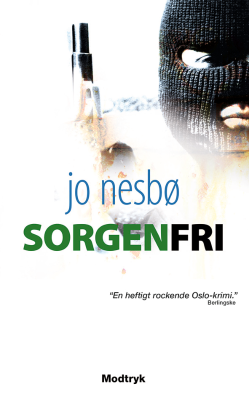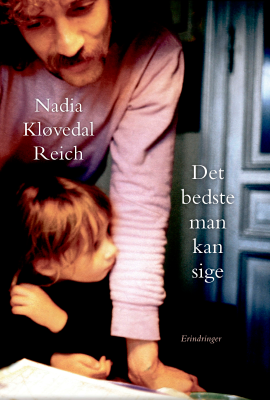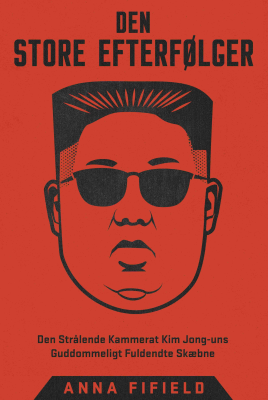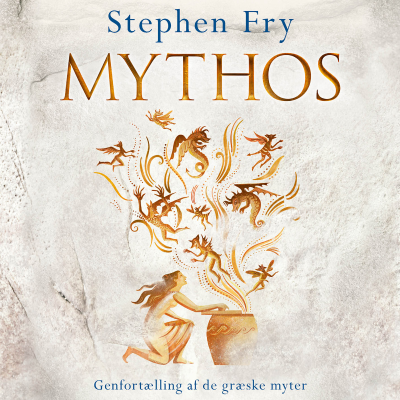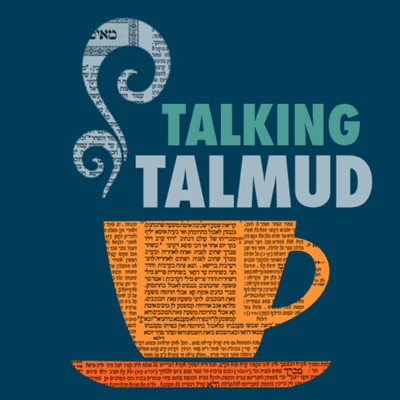
Talking Talmud
Podcast af Yardaena Osband & Anne Gordon
Begrænset tilbud
1 måned kun 9 kr.
Derefter 99 kr. / månedIngen binding.

Mere end 1 million lyttere
Du vil elske Podimo, og du er ikke alene
Bedømt til 4,7 stjerner i App Store
Læs mere Talking Talmud
Learning the daf? We have something for you to think about. Not learning the daf? We have something for you to think about! (Along with a taste of the daf...) Join the conversation with us!
Alle episoder
2074 episoderAn indictment of the Sadducees in the context of a court that issues an erroneous ruling that agrees with their understanding of the Torah. With a further investigation into what it would mean to make this kind of "uprooting halakhah" kind of error - how did that come about? And - two new mishnayot: 1 - Ways in which the erroneous judgement came to be issued when it so clearly should not have been. Plus, capital punishment. 2 - What if everyone sins because of the erroneous judgement? That's when the sacrifice or offering becomes essential, for each person.
Given that if the majority of Jewish people sin in following an erroneous ruling and they need to bring an offering to atone - who counts as that majority? It excludes the Jews who live in the Diaspora - with a source for that in the book of Kings. Also, how does this kind of majority obviate the views of the minority? And - a new mishnah! When the court issues an erroneous ruling and they realized they were in error and they correct themselves, but there are those who follow the initial ruling - do those people need to bring an offering or not? It will depend on their circumstances and whether they were in the position to hear about the revision to the ruling. Plus, what if the court wants to cancel an entire section of the Torah's law from practice?
A new tractate! On rulings that the court issues in error, and people then follow those ruling - are they held accountable, and if so, how? Sources are in Leviticus and Numbers. Plus, Eduyot and Avot. Also, a new mishnah: A decision to violate a mitzvah is in error - who would bring an offering to atone? Also, the communal offering for when the court explicitly allows something that is not permitted. Spotlighting Ben Azzai and Ben Zoma.
A question from a mishnah in Zevachim that contradicts the text here - because of the purging, preparation of the vessels here. Specifically on how that which is absorbed is either permitted or forbidden - and whether that makes a difference. But are the sacrificial meat and the non-Jew's utensils really comparable? Also, a story to close the tractate - that highlights the discussions from the tractate - including non-Jewish practice, including the relationship and dynamic between Jew and non-Jew. Plus, the need for taking care with Halakhah - and making sure that you represent yourself well.
How do we purify different kinds of vessels or utensils? Boiling water should do the trick. Or maybe "olive water." Plus time - whatever that may mean, given the vague term of "season." A minimum of half the day and half the night - that is, 12 hours, out of 24. Also, one who buys utensils from non-Jews who made them... prepare them for use after the handling by the non-Jews via immersing in a mikveh... or in boiling water...or....heating it to white-hot.... or polishing. The precursor to today's "toveling." Plus, when to use which method, or more than one.

Bedømt til 4,7 stjerner i App Store
Begrænset tilbud
1 måned kun 9 kr.
Derefter 99 kr. / månedIngen binding.
Eksklusive podcasts
Uden reklamer
Gratis podcasts
Lydbøger
20 timer / måned











